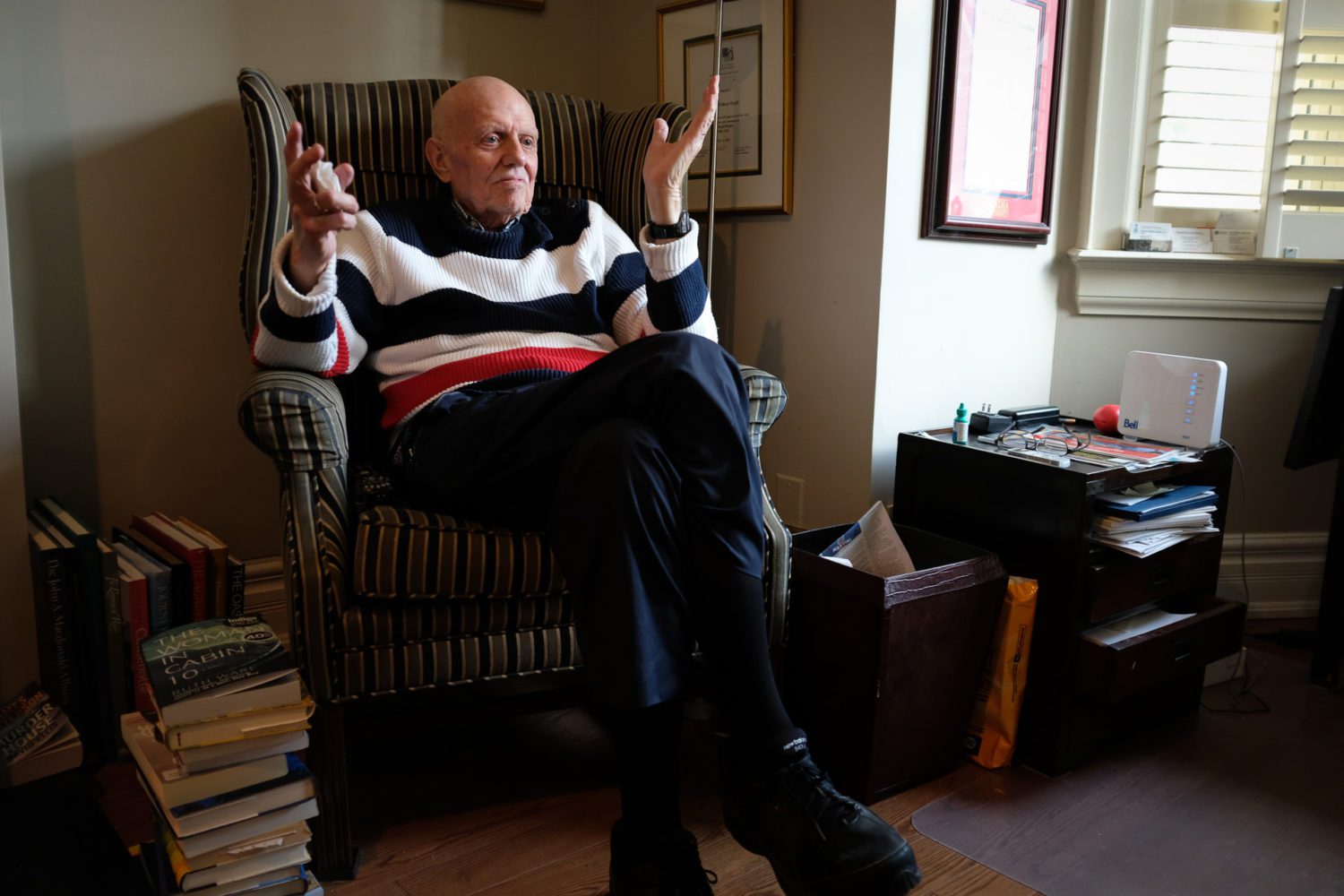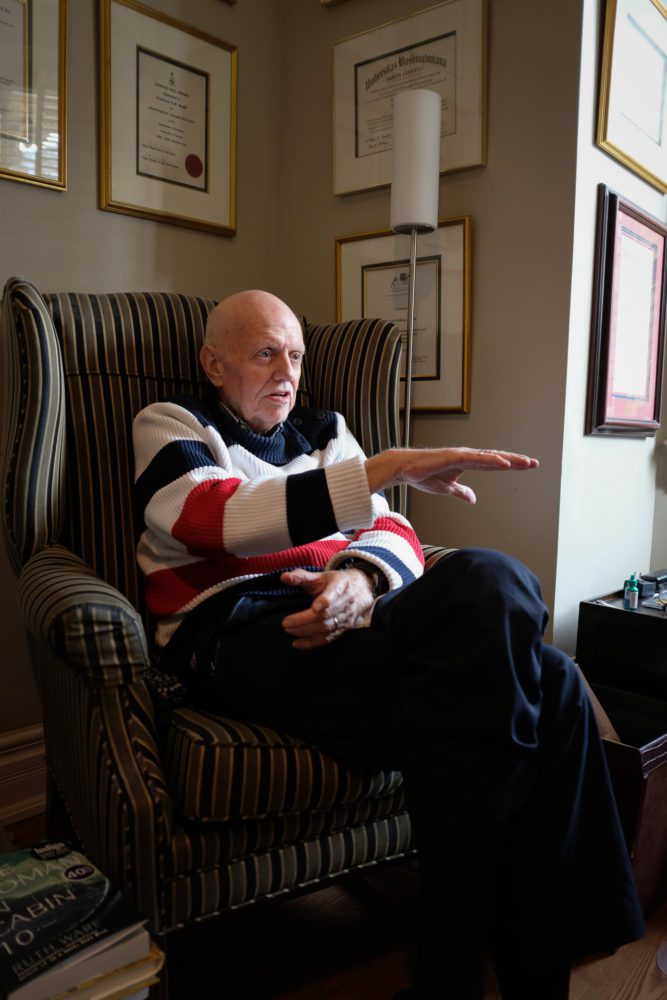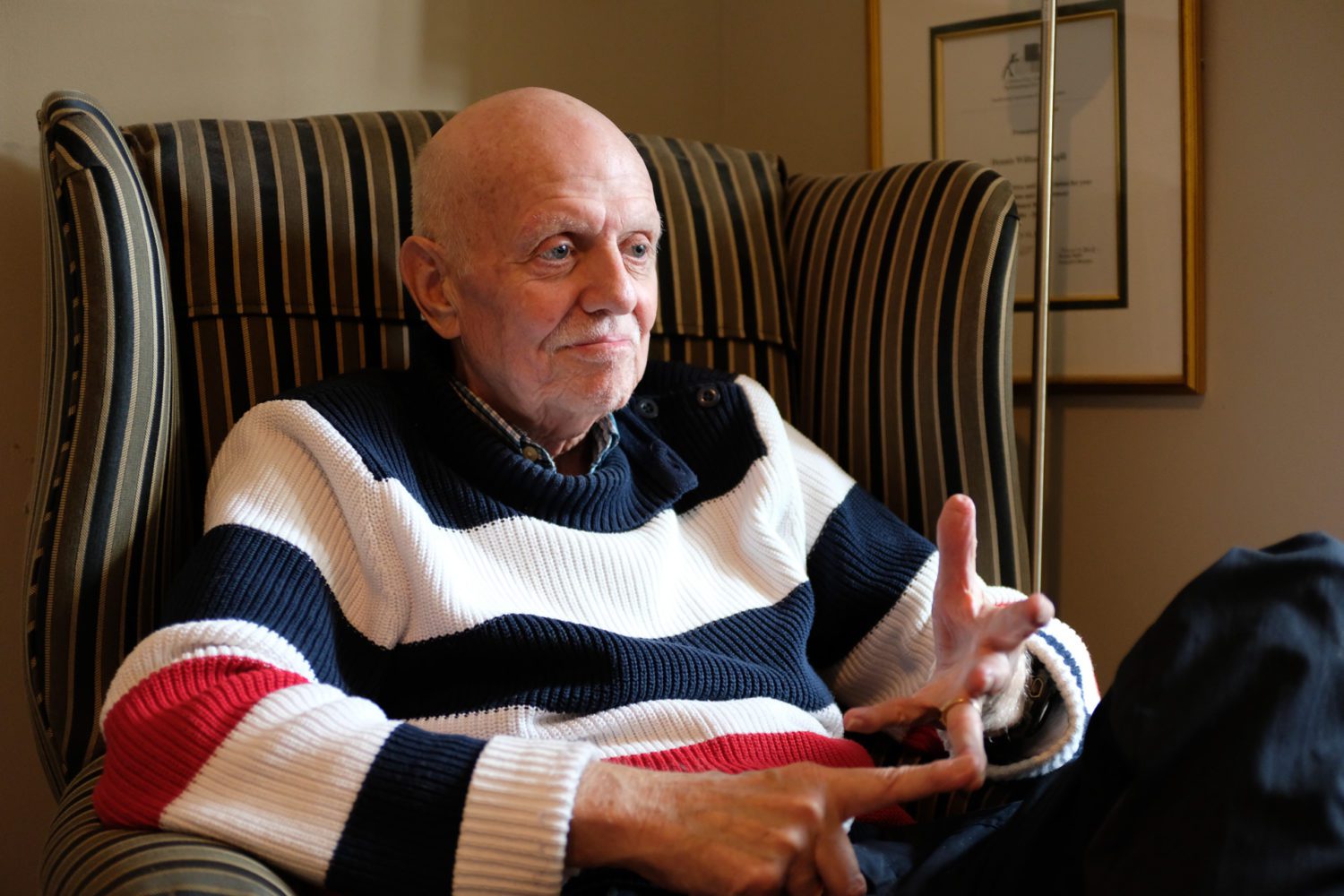Dennis is a retired sociology professor and community activist who has advocated for equity in public health care. He also makes use of private health care. He shares his thinking about that personal dilemma and why enacting change is so difficult in the public system.
What led you to become a community activist?
“I was very influenced by my first book, The Life and Death of a Canadian Black Community. It is about Africville in Halifax. Much of that research was focused on trying to right the injustices that took place for the blacks in Nova Scotia, as well as the community itself.”
“Social determinants of health is a relatively new concept. Research has shown that health is not just a physical illness but is related to income, diet, ethnicity, etc.”
I think there’s beginning to be much more of a realization that social inequality is a major determinant of health. That notion is causing people to rethink how health care is delivered, but not as much as it should.
“I think we should place more emphasis on education. Think about the successful campaign against smoking – smoking rates have gone down and now smoking is almost a stigma. Another successful campaign encouraged the use of condoms in men who have sex with men.”
“But there’s not a lot of publicity in the area of, say, diabetes, which has become a major illness, particularly in certain populations. We don’t have those large public campaigns yet, to push for social change and public policy that would decrease the risk of diabetes.”
“I served for six years on the Toronto Central LHIN Board and I saw some positive changes take place. The hospital presidents were getting together on a more regular basis to talk about duplication. However, it was a slow process and I always thought the LHIN should be much more aggressive and simply say, ‘This is what we’re going to do.’ The consultations take forever, and you have all of the political levers being pulled by people who don’t want to change things.”
Who have you really admired in your career as a community activist in health?
“I can’t pick anybody at the university – the university’s reward system is publication and research, not practical advocacy. Having said that, I admire Donald Clairmont at Dalhousie University. We did the Africville book together so we obviously shared certain values, trying to do good research and at the same time talk about some of the injustices that exist and to a limited degree how things can be improved. Scott Rolland, the Wellesley Hospital CEO, did a great thing when he shifted the hospital board of directors away from what I would call the financial elite and brought in more community people, which meant that community issues were more often discussed at the board level.”
“I am very proud of a supportive housing facility that I was involved in building, where 50 percent of the units are for people with HIV and 50 percent for people who are seniors. It is one of the most unique supportive housing units in North America combining the two populations together.”
“For a few years now, I have been paying for private health care. One of the reasons I went to Medcan initially is that my doctor retired and I was having a difficult time finding another doctor. Prior to retirement he put a notice on his door that said, “I will only discuss one health issue at a time.”
It was clear that, although there is health care for everybody in the public system, its quality isn’t as good as it should be. We have a very uncoordinated system. We need much better coordination between doctors working as a team with qualified nurses doing a lot of the things that you go to see doctors about now.
“One of the board members of the Wellesley Institute suggested I go to Medcan, which I had never heard of. He said it was a private facility and I would have to pay, but I would get very good medical service. So I went. Very seldom have I had to wait for long periods of time to see the doctor at Medcan, whereas with my family physician that wasn’t the case. I get a four hour yearly medical. I am not sure all of the tests are necessary, but about four years ago I discovered I had a small cancer of the tonsil area that required seven weeks of radiation.”
“At Medcan I have one physician who I see, but more important to me, there is a nurse who I can call up whenever I have an issue, even if I am outside Canada. She can decide whether I need to see a physician or not. If I was not at Medcan I would be passed from physician to physician, or specialist to specialist with nobody at the core.”
“As I age – I am now 77 – I realize that in the future I am going to have medical issues that are a product of aging that need a coordinated approach. Some issues have already emerged that are traced back to the radiation. For example, I have had to get some swallowing tests done and that all went quite smoothly. If I need to see a specialist, it doesn’t seem to take as long as when Medcan was not involved. I think they have a division of people who just call to make appointments, whereas if you are seeing your family doctor, his one receptionist may call a specialist, if she has time. Also, I always know that reports will go back to my physician at Medcan.”

You have worked in the area of social determinants of health and justice all your life, yet you are using private health care. How do you deal with that apparent contradiction?
“I knew you were going to ask that question! I am not sure I have a really strong answer. I think that the system I am using is one that everybody should have in terms of the quality of health care. But it is not there, and more than likely will never be there.”
Why will it never be there?
When I was on the LHIN board I saw how difficult it is to coordinate the various parts of the healthcare system. People have their own empires. They built them over years and they are not going to give them up. It’s a political battle. In theory our health care system is very good, but the reality is something else.
“Having access to a two-tier health care system, which I can afford because I have been fortunate to have had a good position in life and a reasonable pension, is a personal ethical dilemma. However, my health care is important to me, and if I were only using the public system, I doubt that I would get the services that I think I need for my cancer and the inevitable health care issues that are going to come with aging.”
Are many of your friends doing something similar?
“No. As a matter of a fact I am the brunt of jokes over this. As we go off to deal with some issue of health inequality, my friends point out that I am not treating myself in the same way as most others.”




The comments section is closed.